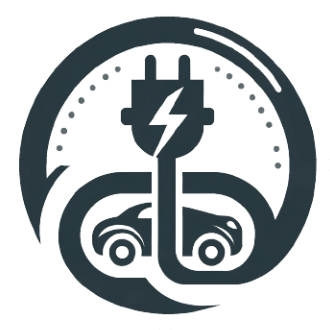J.D. Power: Car buyers are still interested in EVs and Tesla alternatives

Pras Subramanian · Senior Reporter
Despite the whirlwind of headlines about auto tariffs, EV mandates, and even the potential loss of EV tax credits, Americans are still very much interested in EVs. Including those not named Tesla.
Consumer research group J.D. Power's latest EV consideration study found that 24% of car shoppers said they are "very likely" to consider purchasing an EV, and 35% said they are "somewhat likely," which is largely unchanged from a year ago.
J.D. Power polled 8,164 consumers in January through April who intend to buy or lease a new vehicle in the next 12 months.
"Despite the market volatility, EVs have found a solid ground for consumer consideration,” J.D. Power executive director of EV practice Brent Gruber said in a statement.
Interestingly, with more options available, consumers are shopping across brands. Buyers are cross-shopping on average 2.9 brands when looking at EVs, versus two brands seen with gas-powered cars.
And they are increasingly looking at EVs other than Tesla. J.D. Power found that the top five vehicle brands cross-shopped among purchasers interested in the Model Y SUV are Honda, Ford, BMW, Toyota, and Cadillac, in that order.
"Manufacturers that didn't have electric vehicles before have now rounded out their portfolios with EV products, and so consumers are considering products from those other brands," Gruber said in an interview with Yahoo Finance.
Honda's popular Prologue EV, Ford's Mustang Mach-E, and BMW products like the iX, i4, and i5 are gaining traction. Cadillac's Lyriq has been GM's top-selling EV for some time now.
Gruber added that Tesla brand issues may be behind the cross-shopping.
"There's certainly some consumer sentiment for and against some of the actions taken by Elon Musk in the political arena," Gruber said. "So we have seen some impact from that."
But Gruber believes Tesla sales have been affected by the availability of new products coming to market, like the Prologue and Lyriq, rather than perceived brand issues.
The broader EV market, however, faces a big headwind: the potential loss of the $7,500 federal EV tax credit. House Republicans are pushing a bill that would end the EV tax credit, a signature component of former President Biden's Inflation Reduction Act.
Not surprisingly, Gruber believes this would create a major impact on EV sales.
"You're potentially looking at a double whammy with tariffs and the elimination of the tax credit," Gruber said. "You're talking about what is conceivably a $12,000-plus swing on the price of an electric vehicle. So if those tax credits go away, you're going to see probably a slowdown in the level of interest for electric vehicles."
Of course, it's not just a problem for consumers. It's also a major problem for automakers. Per current EPA rules, automakers need to sell EVs to meet federal emissions targets. If they do not, they're on the hook for billions in fines or must purchase carbon credits from companies like Tesla.
"We believe the credits are critical for automakers to achieve current federal and state emissions standards," a spokesperson for the Alliance for Automotive Innovation, a trade group that represents several major automakers, said to Yahoo Finance.
Get in Touch
Send Us a Message for Personalized Assistance
Don't hesitate to reach out to us with any inquiries you may have. Your satisfaction is our priority, and we're ready to provide expert guidance and assistance. Contact us today, and let's power up your electric journey together.
